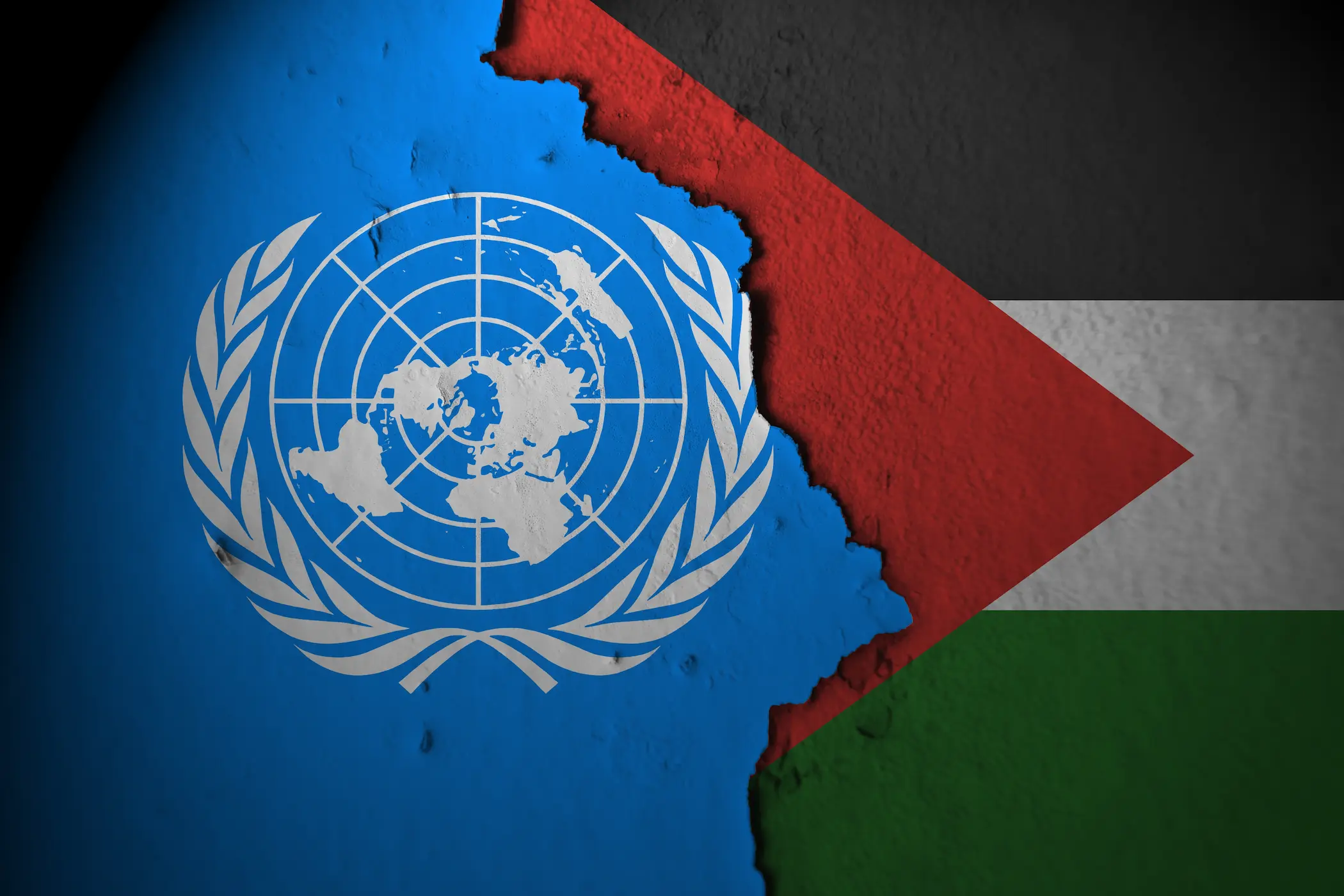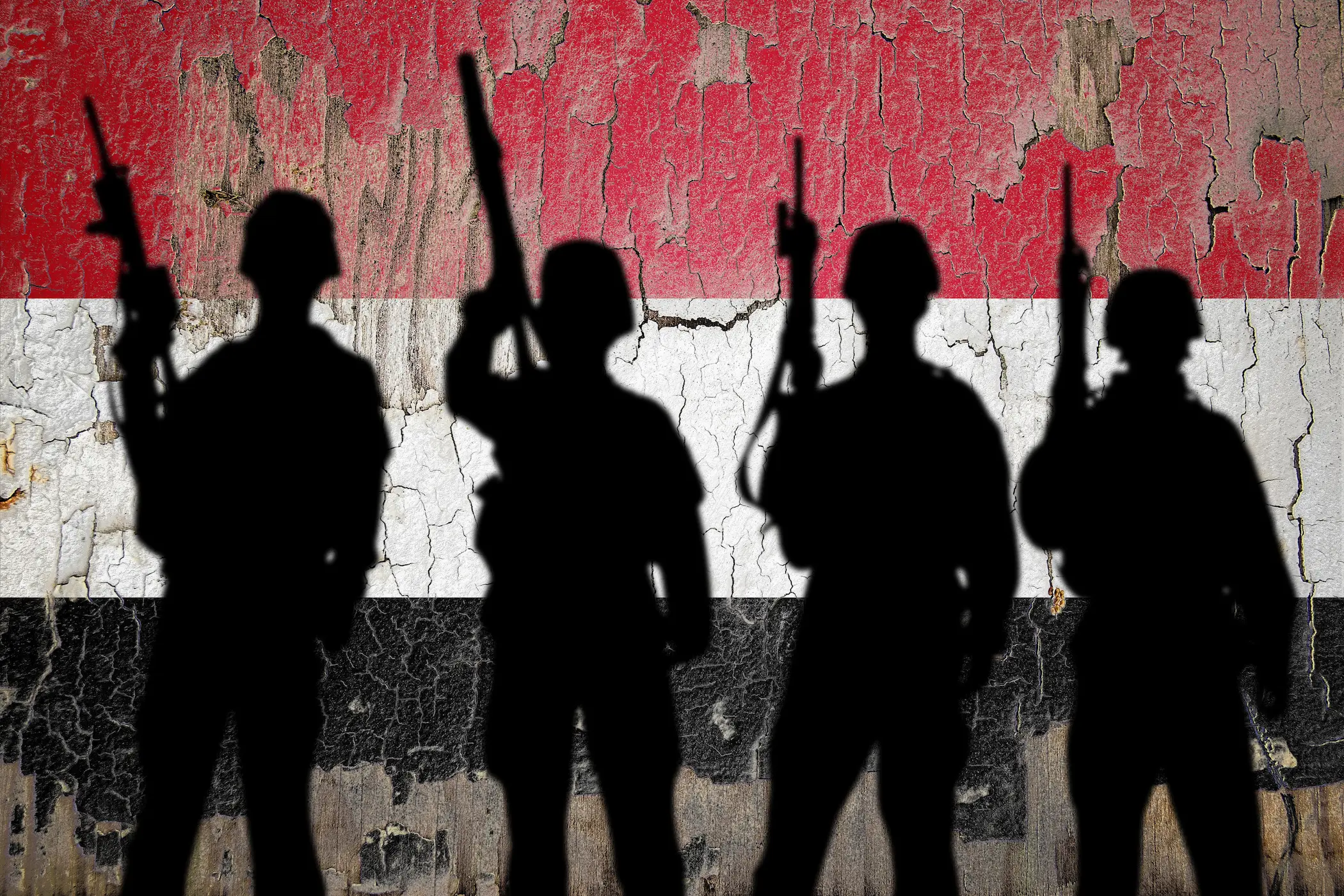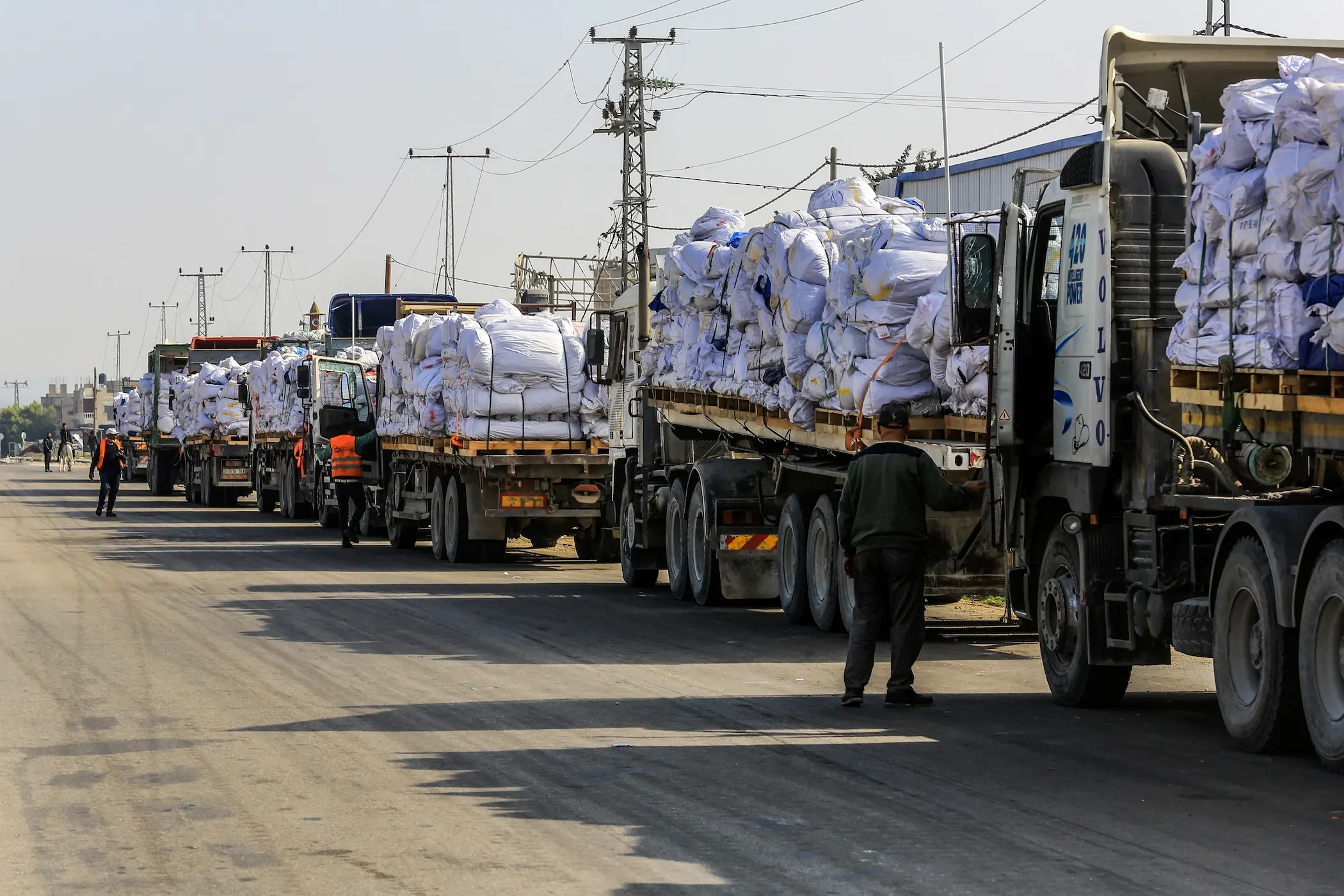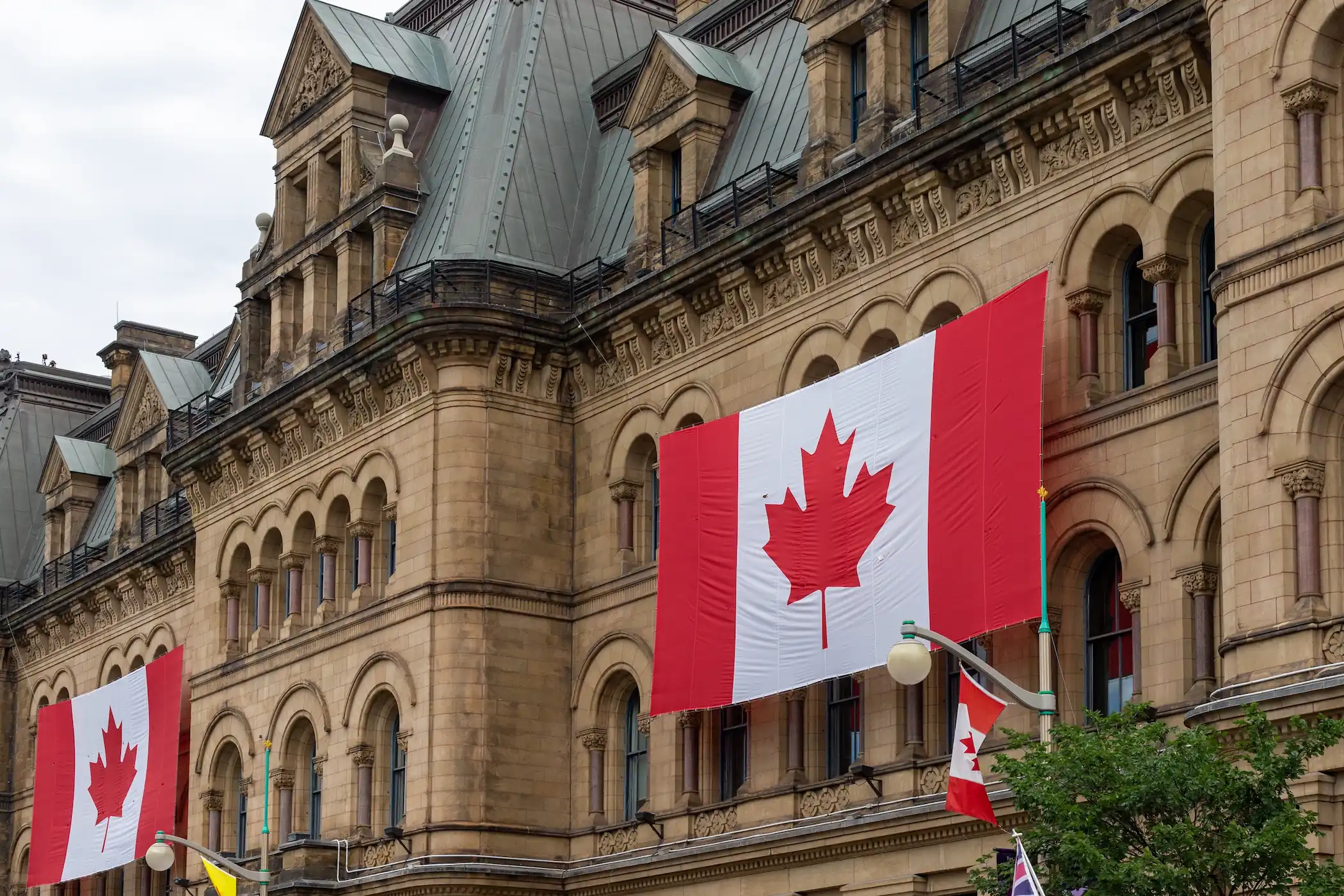On Aug. 4 2025, clashes have erupted again between the Syrian forces and the Kurdish forces in Aleppo province despite the agreement that was signed between the two sides in March of the same year. The resurgence of clashes raises questions about the viability of this agreement.
The Road to the Agreement
Since the eruption of the Syrian Civil War in 2011, Kurdish forces in northern and eastern Syria, primarily represented by the Syrian Democratic Forces (SDF), have controlled the east of Syria. Even after the fall of the Assad regime in Dec. 2024, and the establishment of a new government, the SDF refused to dissolve their forces due to the status of instability in Syria. In recent months, negotiations have been held between the new Syrian government and the SDF, resulting in the conclusion of an agreement in March 2025. According to this agreement, the SDF should dissolve their forces and integrate into the Syrian army. Moreover, this agreement stated that the integrity and unity of Syria must be maintained and cannot be jeopardised.
Months after the conclusion of this deal, the SDF declared that it will not dissolve their forces as part of the integration process with the new Syrian government. Instead, they propose maintaining a separate military bloc within the Ministry of Defence. This stance has led to a deadlock in negotiations, as the Syrian government desires a unified military command structure. Moreover, the SDF seeks to maintain a decentralised norm of governance, which is rejected by the Syrian government emphasising a centralised form of government. The Syrian government views any form of federalism or decentralisation as a threat to its sovereignty, as federalism would motivate other minorities to seek autonomy. This disagreement between the two sides led to deadlock in their negotiations on how to implement the March 2025 agreement.
Potential Military Confrontation
While the Syrian government hopes that the dissolution of the (Kurdistan Workers’ Party) PKK in Turkey motivates the SDF to follow suit, they do not exclude the military option against the SDF if they keep refusing to dissolve their forces. But can the Syrian government wage a military confrontation against the SDF at the moment?
While the Syrian government has enough military capabilities to wage such an attack, they prefer the diplomatic solutions for several reasons. Firstly, the country has suffered from a Civil War since 2011, and its administrative system is destroyed and might need years to function effectively with the support of foreign powers. This means that any war with the SDF would postpone the Syrian government’s attempts to reform the country. Secondly, the economic situation in Syria is terrible, with millions under the poverty line, which makes the public favour diplomatic solutions to end the conflict with the SDF instead of military solutions that can further deteriorate the economic situation. Thirdly, the Syrian government faces serious military threats in different parts of the country, including the Druze in the south and the Alawite in the west of the country, increasing the probability that any full-scale war against the Kurds can lead to the eruption of other wars in the South and the west of Syria, which might limit the military functionality of the Syrian government to defeat those forces.
Fourthly, while the Syrian government is recognised by the UN, the current government favours maintaining peace in Syria to solidify its authority. Any potential war with the Kurds might take years, which might undermine the legitimacy of the Syrian government. Moreover, the outcome of any potential war with the Kurds is not guaranteed, which may drain the resources of the government.
The Role of Oil and Gas Fields
Oil and gas fields in eastern Syria remain one of the main causes of tension between the Syrian government and the Kurdish-led SDF. These fields, located mainly in Deir Ezzor and Hasakah, have been under Kurdish control for years. The income generated from these resources helps the Kurdish administration maintain its military structure, run its civil institutions, and provide services to the local population. This financial independence allows the SDF to operate without relying on Damascus. For the Kurds, giving up these fields would mean losing control over their main source of power and weakening their autonomous project, which is why they have refused to hand them over to the Syrian government until now.
The Syrian government, facing a collapsing economy and destroyed infrastructure, views the oil and gas fields as essential for national recovery. After years of war, Syria needs reliable sources of revenue to restore public services and rebuild state institutions. Regaining control of these fields would also send a strong message that the state has re-established its authority across the entire country. The government sees any non-state control over such strategic resources as a direct threat to its sovereignty. From Damascus’s perspective, allowing the SDF to keep the fields would not only harm the economy but also encourage other groups to seek similar autonomy.
Potential Turkish Intervention
Turkey has always considered the SDF a branch of the PKK, which is labelled as a terrorist group by Ankara. While the PKK has officially dissolved itself, Turkey expects the SDF to follow suit. However, if a military confrontation erupts between the Syrian government and the SDF, Turkey might intervene to support Damascus in weakening the Kurdish forces. Such a move would serve Turkey’s national security interests by preventing the formation of a Kurdish autonomous region near its borders, dismantling the SDF’s military presence in the area, and ensuring that the PKK does not gain more influence in northern Syria. The change in the U.S. diplomatic discourse toward the Kurds motivates Turkey to intervene militarily to support the potential Syrian war against the Kurds, as the U.S. has officially asked the Kurds to disarm and integrate into the Syrian army.
To conclude, the situation in Syria is still unstable as the gap between the SDF and the Syrian government continues to widen. The disagreement over military integration, decentralised governance, and the control of oil and gas fields has pushed both sides to a deadlock. Although the Syrian government prefers diplomatic solutions, a military confrontation remains a possible option. The potential Turkish intervention would make the situation more complicated, especially after the shift in the American position.
Al Habtoor Research Centre’s Commentary articles allow researchers to provide quick, informed responses to ongoing topics, emphasizing personal perspectives and expert opinions without the weight of exhaustive citations. This ensures agility in addressing rapidly evolving subjects and enriches the discourse with authentic insights.










Comments